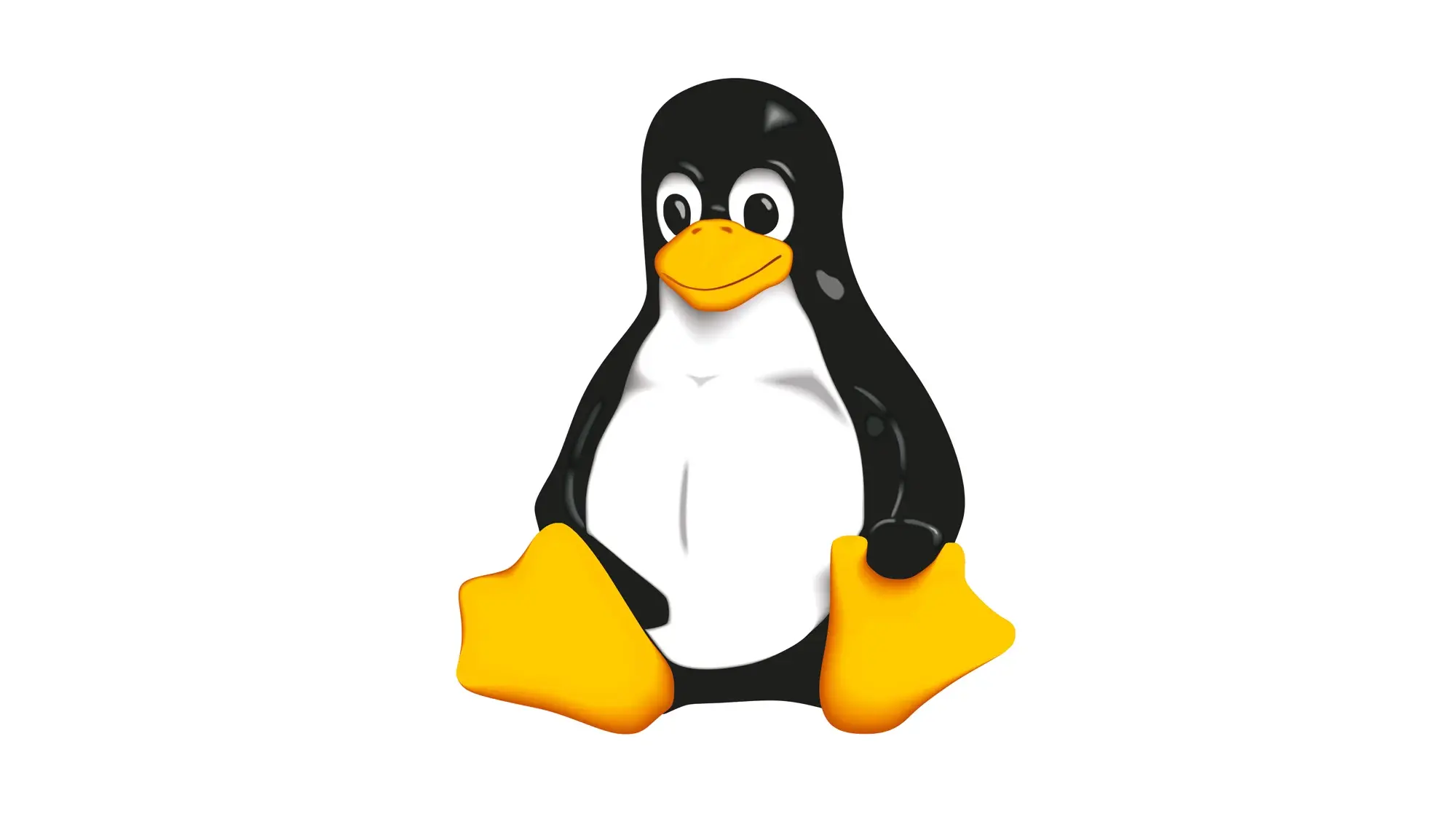- 10 Posts
- 64 Comments

 3·6 months ago
3·6 months agoMX Linux. It’s exactly how I’d set up Debian if I wasn’t too lazy. Although, I’ve gone back to Debian after Bookwarm was released. I love it but miss MX

 11·6 months ago
11·6 months agoWindows will reach 12 this year. Double score!

 402·6 months ago
402·6 months agoThis is just zdnet being zdnet Firefox remains the best browser for me and many others. The percentage of users in highly educated groups is much higher and there is a reason for this.

 8·6 months ago
8·6 months agoI have been using wayland on kde the last two years on Debian and MX Linux with zero issues. My general usa includes coding, music production, Libre office and web browsing. So, no much gaming, if that is your concern.
Snap has a locked and proprietary store, even if the client is FOSS. There is no reason to “hate” Ubuntu but there are better choices.
Ctrl+Shift+A will get you to Add-ons and Themes. Click on Extensions, if it is not already chosen. Among your extensions you should see relay. Click the switch to the right to turn it off or the three dots to remove it completely.

 7·6 months ago
7·6 months agoFor someone as tech illiterate as my mom, I’d advise against trying it. But you are here and my mom would never know that Lemmy is a thing. You also ask about Linux.
I’d guess that you will have great fun using and appreciating what Linux and the foss communities have created.

 31·7 months ago
31·7 months agoSurely their perspective was vastly different than ours. This attempt was likely reasonable at its time in 1948, when Israel was hardly a state. Hindsight is always different from actual sight.

 6·7 months ago
6·7 months agoIsrael is not a single entity but a collection of collections who do not agree with each other. Just like any country you will find everything there. The problem is always the militants (e.g. IDF, Hamas in this case) and the dominant minority of people yielding authority over violence. The rest of the people are just that: people. With different thoughts, aspirations, suffering and preconceptions. Just like all of us here. Therefore, there is no “One Israel” that wants us to believe something specific. Depends on who you talk to.

 63·7 months ago
63·7 months agoNope. Not the way we understand communism today. Our understanding of communism in 2023 is very different from 1935-45. Most likely you and I would have been sympathetic to communism then, and Einstein would condemn communism in later years (e.g. today) if he was alive.

 751·8 months ago
751·8 months agoThe author is exited but I’m not. I am not a big fan of corporations taking the free work of FOSS developers and turning it into a proprietary dystopia.

 5·9 months ago
5·9 months agoI’d like to see them try.

 7·9 months ago
7·9 months agoFrom DRM-equipped browsers to DRM-equipped brains. Now, that’s progress…
You have a point here indeed. But it is much easier to create a CLI tool that combines the updates of all systems rather than destroying the incredible things that flatpak and pip offer. A five-line bach script would do. Although, a reliable distro would probably want to rely on something much more elegant and harder to break. For Fedora specifically, the python-based dnf tool should be straightforward to be extended to do that. Perhaps the Debian apt tool has a lot of functionality to carry on and may be harder to do. In the essence of unix philosophy and modular approach, it should be a separate tool. I’m looking forward to that too.
I know that a lot of people share the same thoughts with you but I respectfully disagree. If you want your system to be updated only with your apt/yum/dnf program, then just don’t install anything useing snap/flatpak/etc. Sure, you will not have all the apps available in the repos, which was also the case in the past before these systems. Back then, your only option was to compile from source, which was more work-intensive than flatpaks/appimages/snaps. And updating was also much more complicated. Therefore, unless you wanted something really special, you’d stick to your repos. Flatpaks allow developers to distribute their software (and users to install it) in a less labour-intensive manner for the developer. Compiling and testing your app for Debian, Fedora, Arch, SuSE, MX-Linux, Linux Mint, Linux Mint DE, Gentoo, and all the other popular distros is an impossible task for small developers. Flatpaks was a godsend for them and for the users who don’t want to compile from source. Now, you can argue that we shouldn’t have all these systems (flatpak, snap, appimage, docker, etc…) but one would be OK. And again I will disagree. One of the most important aspects of FOSS is diversity. Embrace it even with its drawbacks. It would require a much longer post to explain this and others have done it already better than I would.

 3·9 months ago
3·9 months agoI think the case is crystal clear even to someone who has no technical knowledge. The question is whether the judge will be swayed by the lobbying power of the Big Tech
well…

Either Linux or GNU/Linux is OK to me. It’s the practice that makes the difference. While I mostly use Debian, which defines itself as GNU/Linux and I appreciate every aspect of it, I recognise that Arch Linux (which drops the GNU) has a much healthier approach to free software than Red Hat (recently at least), which defines itself as GNU/Linux but adds clauses to RHEL which are against the spirit of free software. I prefer using GNU/Linux because, as a statement, respects things that are important to me. Of course, I am totally cool with other people using any term they feel more comfortable with.



My first distro was Suse Linux 8.1. I had to buy the box as downloading was not an option with my dial-up connection back then. However, the first distro that I fell in love with was Fedora Core. The original one. I bought the book which had the DVD with the full installation. I was hooked. That was more than 20 years ago.